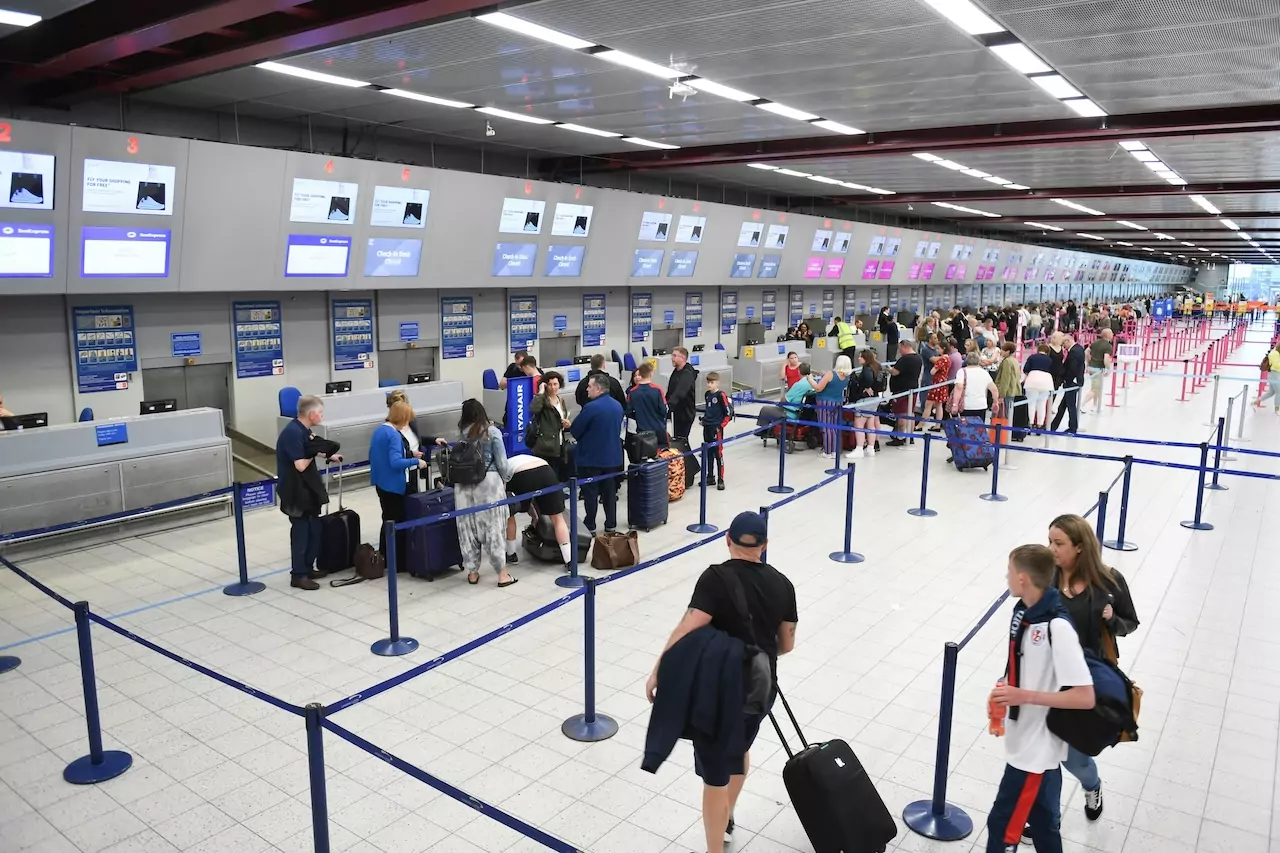Delayed planes, cancelled flights, overbooking, lost luggage: these are the kinds of problems you encounter when travelling, problems that inevitably peak during the summer season but can happen at any time of year.
In Europe, there is a regulation, number 261 of 2004, which guarantees travellers access to compensation measures designed to mitigate the unpleasant consequences of air transport disruptions, at least from a financial point of view.
Despite this regulation, which clearly defines the amount and method of reimbursement, only a small percentage of passengers are fully aware of their rights and know how to exercise them.
One way is to contact a so-called claim company, which is a business whose mission is to manage the reimbursement to which the user is entitled by collecting information from the affected passenger on the one hand and liaising with the airlines on the other.
There are several claim companies; in Italy, there are estimated to be at least fifty, some of which work better than others and some of which apply a business model that remains free for users, i.e. for passengers who have suffered damage, who can thus obtain legal assistance without having to give up part of the compensation to which they are entitled.
Among these companies is RimborsamiTu, founded in May 2016 and based in Palermo: “We are one of the few claim companies that are still free for users,” Piero Armetta, founder and COO of the company, tells Startupbusiness. “Our business model is based on the reimbursement of legal fees that we obtain every time we win a case. We take into account that, on average, according to European regulations, passengers receive €250, 300 euros in reimbursement, and there are cases where it can reach up to 600, but we consider the average. We work with users from all over the world, especially Europeans, because European regulations apply to flights departing from Europe, whether they are domestic, intra-European or intercontinental.”
The Palermo-based company now has a staff of about 10 people, eight of whom are lawyers, and then there are those who deal with technological infrastructure and marketing. “Until now, we have not resorted to external financing because the business has grown organically over the years. The three founders were all already qualified lawyers and had already dealt with these issues, understanding that there was a market opportunity. In fact, when we started in 2016, there were still very few claim companies already operating.”
In its early years of operation, until 2020, the year of the pandemic, RimborsamiTu handled between five and ten thousand requests per year. Then, after COVID brought everything to a halt, it restarted with even greater momentum, now handling around 20,000 requests per year: ‘The entire operation is managed directly online. A form is filled in, the necessary documents and information are requested, then we assess whether it is a successful claim and proceed until we credit the refund directly to the passenger. The various stages of customer service are also managed using online tools. Once the process has been initiated, we proceed with the lawsuit because only a few airlines pay amicably, even though some are much faster than others in handling everything, but legal action is always necessary. Even if the lawsuit is unsuccessful for the customer, i.e. the passenger, there are no costs to bear. We earn our income from the reimbursement of legal fees, which is added to the passenger’s reimbursement in accordance with European regulations.
However, RimborsamiTu’s work goes beyond the management of legal cases and is part of a scenario where knowledge of the tools is important: “We are very active in raising awareness of these passenger protection tools. In 2016, when we started, only a small percentage of travellers took action in the event of problems, no more than 5%. Today, that figure has risen to 25-30%, and this applies to both the disruptions covered by European regulations and those covered by the Montreal Convention, which provides for compensation for damage, loss or non-delivery of luggage. The market’s growth potential is therefore still quite large, considering that the number of flights is constantly increasing and that our model can also work in other areas where there are specific regulations, such as road accidents, privacy, and digital identity theft. However, we cannot yet expand into sectors such as rail transport because there are currently no specific regulations in that area.
The company currently has a turnover of €1.2 million and is growing by around 30% year on year: “We are investing in technology and are currently working on artificial intelligence-based tools that we plan to launch by the end of the year. These tools will help users understand what moves to make and what mistakes to avoid, but they will not replace the relationship with our operators, which remains the cornerstone of our offering.”
RimborsamiTu has a 95% success rate and, on average, the legal fees range between €50 and €100: “Some cases are very simple and others are more complex, and it also depends a lot on the competent court. For us, it is essential to act as a company that helps customers to better understand their rights and therefore exercise them, but also to help companies comply with regulations in order to reduce inefficiencies and limit the costs they incur every time there is a problem.” (photo by Phil Mosley on Unsplash)
ALL RIGHTS RESERVED ©
